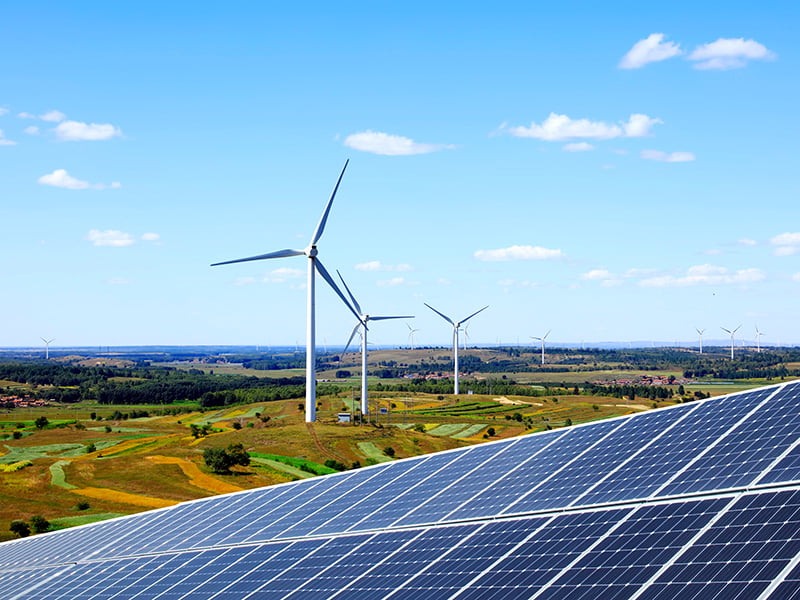The Albanese government will establish a national authority to assist workers and industries, particularly those in the regions, with the net-zero transition as Australia’s decarbonisation efforts accelerate.
The National Net Zero Authority, announced on Friday, comes as the government commits to a new $400 million stream under its Powering the Regions Fund to help industries in regional areas decarbonise.
With the support of the Greens, the government last year committed Australia to reducing greenhouse gas emissions by 43 per cent below 2005 levels by the end of the decade, and net-zero emissions by 2050.

Announcing the new authority in the Hunter Valley on Friday, Climate Change and Energy minister Chris Bowen said the huge changes facing traditional energy generation called for greater management.
“We are going through… the biggest change since the industrial revolution. This change needs management. It needs care. It needs an approach focused on those at the heart of the change, which is the workers who have powered Australia for so long,” he said.
The new authority – to be set up on July 1, initially as an executive agency within the Department of Prime Minister and Cabinet, before being legislated – has been charged with “leaving no-one behind as this global shift continues”.
For workers in “emissions-intensive sectors”, this means providing access to new skills and employment opportunities to ensure they are not left behind by a shift to clean energy. It will also help companies and investors to “engage with net-zero transformation opportunities”.
The government has also placed a specific focus on the regions, with the authority to coordinate programs and policies to allow those communities to “attract and take advantage of new clean energy industries”.
Mr Bowen said the authority would give laser-like focus to “any obstacles to job creation and investment” in regions historically home to coal-fired power stations and other traditional forms of energy creation.
It plans to work with a range of existing stakeholders, including state, territory and local governments, unions, industry and investors to promote his “orderly and positive economic transformation”.
“The authority will have the job of assisting regions like the Hunter, like Central Queensland, like Collie in Western Australia and regions just like it around Australia who are at the core of our energy and our industry in this transformation,” he said.
The authority will be funded with $23 million in next week’s federal Budget, with additional funding in the form of a new $400 million Industrial Transformation Stream in the $1.9 billion Powering the Regions Fund.
The Greens, which had proposed a similar entity for coordinating the transition to renewable energy before it was shot down by a Senate committee last month, welcomed the government’s announcement.
Greens Senator and Industry, Transition and Regional Development spokesperson Penny Allman-Payne described the move as a “really promising step” after a “decade of inaction” but questioned its independence.
“An agency within the Prime Minister’s office is not the independent statutory authority unions and experts have been calling for, and international best practice demands,” she said in a statement on Friday.
Senator Allman-Payne said the government had “provided no timeline for when legislation to establish a statutory body will be brought to Parliament”.
The Australian Hydrogen Council also backed the creation of the authority, having previously called for such a coordination body to oversee the transition to net-zero. The peak body hopes to see the authority is “adequately funded” and that planning for hydrogen infrastructure included in its scope.
“We know that very few hydrogen projects are making final investment decisions, which has implications not only for Australia’s hydrogen export ambitions but also local industrial decarbonisation efforts,” Australian Hydrogen Council chief executive Fiona Simon said.
“The market requires a signal to show Australia is serious about hydrogen and we hope this authority will have the teeth to make decisions on the infrastructure necessary for the transition.
“We look forward to seeing more details about the National Net Zero Authority during the delivery of the federal Budget next week and to continuing to work with government and industry to ensure Australia realises its capability to be a major hydrogen producer.”
Do you know more? Contact James Riley via Email.

